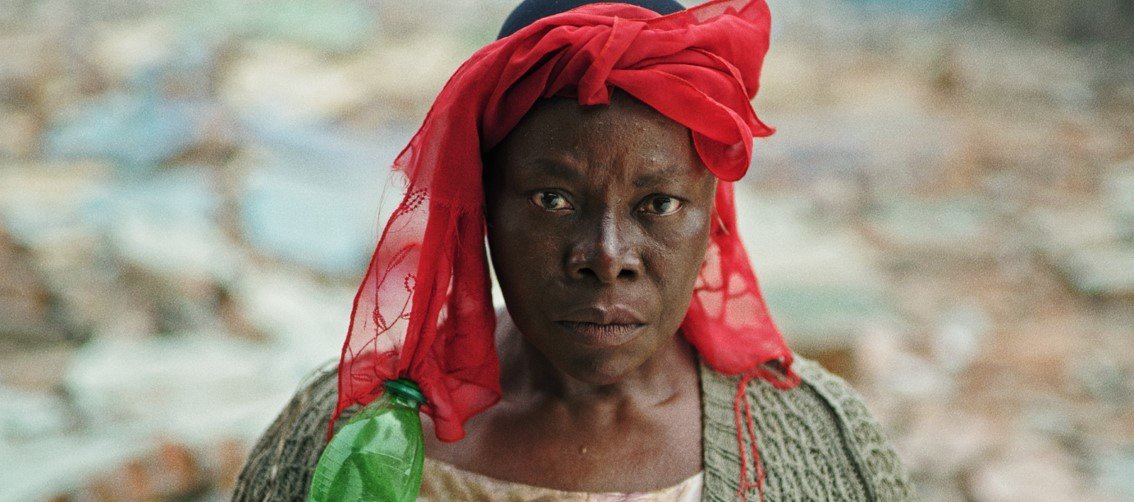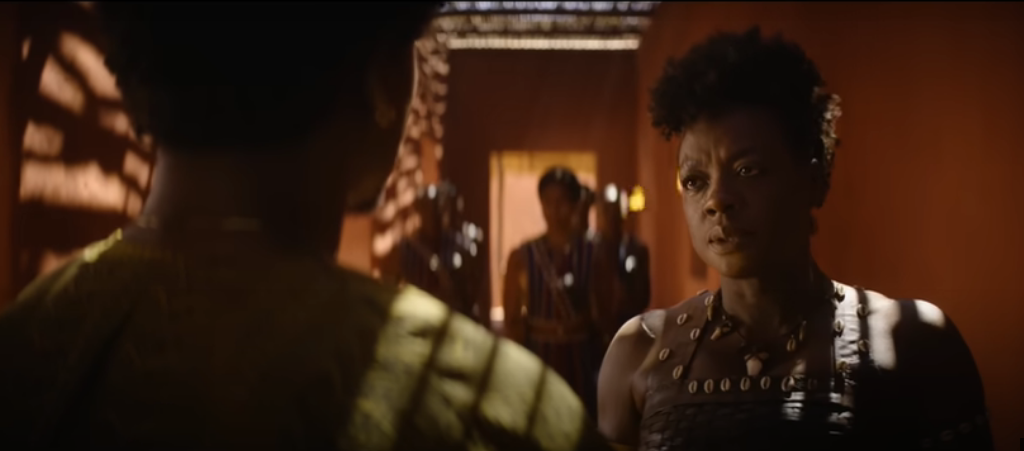The Nigerian Film Industry (Nollywood) has tried to surpass its stigma of producing mostly entertainment-driven movies with little to no thought process or a developed plot. Yes, these types of films make all the money, but sadly the industry is viewed only from that perspective through the eye of an outsider with no information as to the work of art emerging from the industry.
This reason and more is why I’ve been impressed by the rave and enthusiasm Surreal16’s anthology movie, Juju Stories has gotten so far. It proves the audience is more than ready for thoughts provoking projects. Juju Stories since its inception has received positive nods for its remarkability. With a trail of festival awards and positive reviews in its wake, it has risen to become one of my most anticipated Nollywood projects.
I would admit the thoughts of whether it will be good enough haunted me on the same level as the themes of the movie, but having watched it since its release on Prime Video, I realized it is deserving of all its praises.
Produced by Oge Obasi, Juju Stories is helmed by Surreal16, a collective of three remarkable writer-directors, with each spotlighting one of the three chapters. The three chapters are inspired by Nigerian urban legends, with juju as the working theme. Each chapter focuses on a different topic, with the writer-directors using their unique filmmaking style to bring these stories to life. One of the best things about the movie is how unique each chapter is from the rest, tapping into the art of music, language, location settings, and their connective thread, juju, these writer-directors bring to life a ravishing work of art.
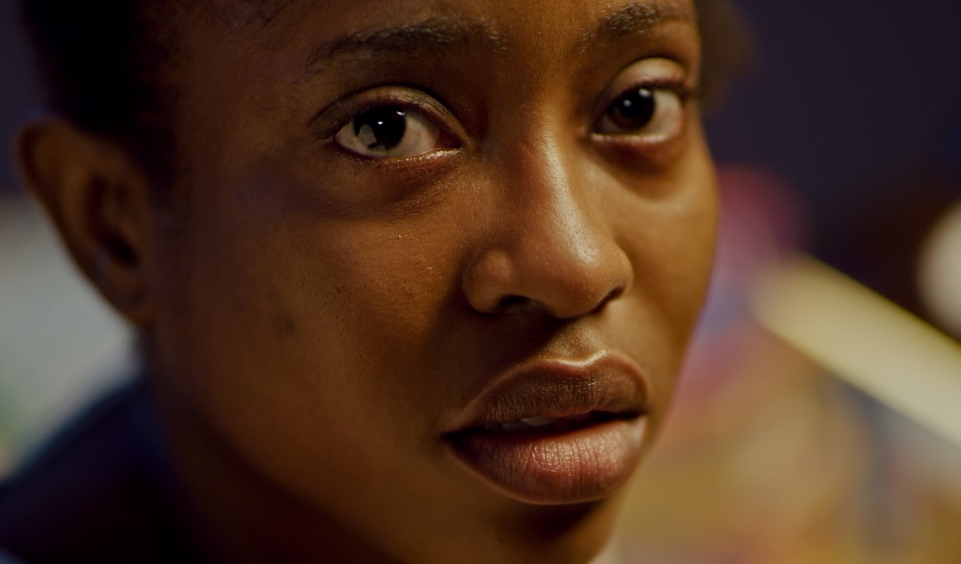
Love Potion is the first of the three chapters of juju stories. Written and Directed by Michael Omonua (Rehearsal). It follows Mercy (Belinda Agedah Yanga) and her love-lust feeling for Leonard (Paul Utomi), a man who is engaged to be married. Persuaded by her friend, she explores a path of the supernatural and concocts a love potion. The story then follows Leonard, influenced by the love potion, as he slowly loses himself to Mercy. Omonua explores this story intellectually, aided by the beautiful performance of the cast, the eerie music, the closed-space shots, and the use of pidgin as the general language.
Except for the narration from Mercy, this is a story with a very short dialogue, and the soundtrack and performance tell the tale the characters can’t with their words. The use of close shots was a brilliant decision as it places the focus on these characters, reflecting their flaws and passion on the audience while symbolizing the suffocating relationship these two shares.
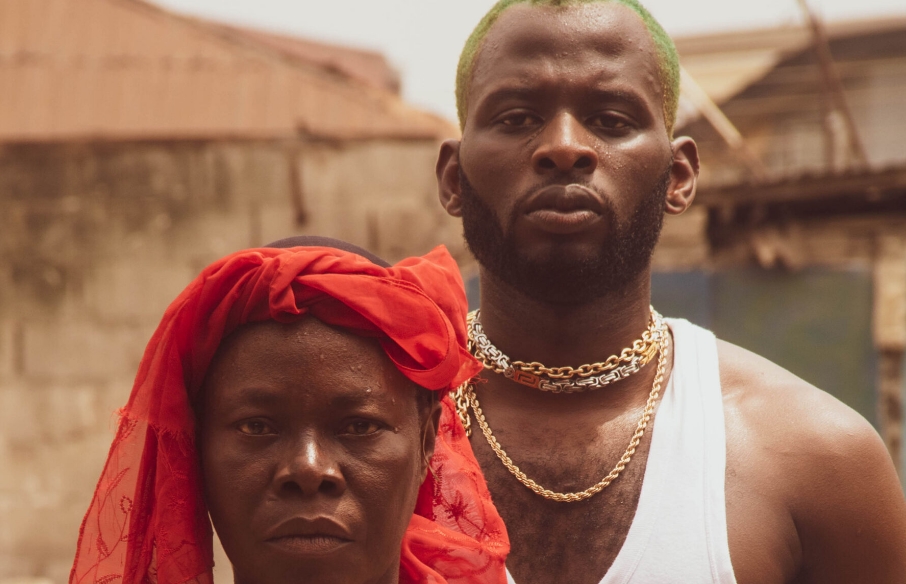
Yam, the second chapter of juju stories is the most bizarre, ironically the one with the least eerie title. Written and Directed by Abba Makama (Lost Okorochi). The story opens with an upper-class couple (even the film credited them as such), sitting at their dining table, having breakfast and discussing the events of the newspaper, people turning into yam after picking money from the sidewalks, a notion the couple made a joke of, in the wife words, “do we have sidewalks in the country?”
In the lesser parts of the city, the topic of the couple’s morning joke is the real-life happening of two very different characters. Amos (Don Ekwuazi) is a street thug who harasses people and forcefully obtains money and items from them. An encounter with a mad woman led him to money on the side of the road. Tohfik (Elvis Poko) is a hardworking vulcanizer overwhelmed by an unwanted pregnancy with his nagging girlfriend (Valerie Dish). He met his doom after picking up a mysterious tuber of yam from a bar.
Makama uses nostalgia perfectly in this chapter by telling a story that has been employed by many as a cautionary tale, but he does it artistically. Unlike the first chapter, this has more characters and a bigger setting. Makama uses these incredibly well by still capturing the characters as his focus in this disjointed part of the city. This chapter has a chaotic and edgy feel, which works well with the themes it wants to discuss. For instance, in the scene where Amos was being chased by a madwoman, the disruption was captured properly with a shaky camera shot, but the chaotic part was the classical music that played in that scene. Makama is an artist and even in the most bizarre story, his artistic side prevails.
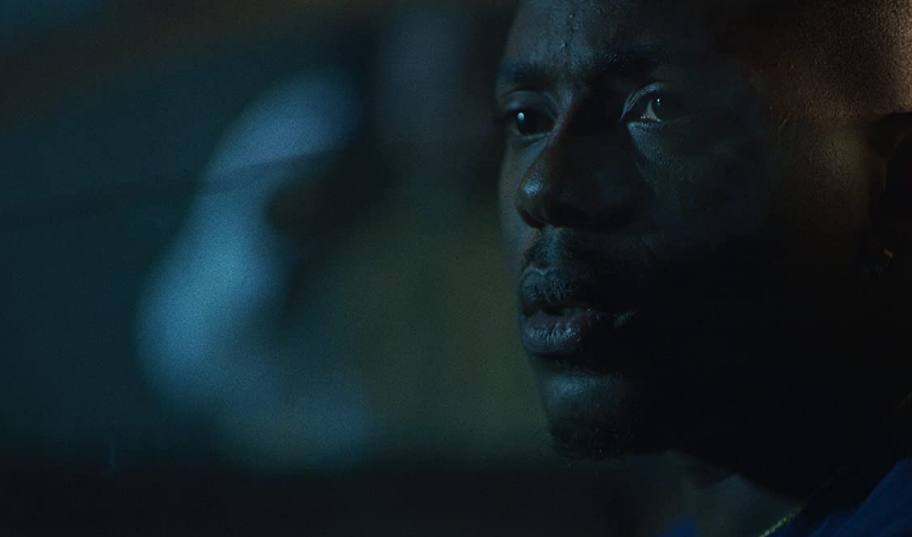
Suffer the Witch, the closing chapter written and directed by C.J. Obasi (Ojuju). This chapter explores witchcraft, although unlike the first two chapters with a more straightforward premise, this one uses mystery beautifully and leaves the decision to the audience. This follows Chinwe (Bukola Oladipupo) and her complicated relationship with her friend and suspected witch, Joy (Nengi Adoki). Joy’s obsessive relationship with Chinwe puts those who want to come in between them at risk including Chinwe’s crush, Ikenna (Timini Egbuson).
Just like the first chapter, this one also relied heavily on narration, but in this case, the narrator can’t be trusted as her view on the happenings is limited. So in the end, the idea of whether or not Joy is a witch is open to different interpretations. Obasi‘s use of wide shots works incredibly well with the setting of this story, the university campus. With a fast-paced, highlife kind of music, coupled with the frequent closeups of the character’s faces gives that eerie feel that screams horror.
While doom seems to be the overarching ending for the three chapters, the different artistic take gives the movie a fresh breath of air, which is a scarce commodity in Nollywood. Surreal16 Collective wanted to create a project that breaks boundaries, sparks discussions and celebrates a part of our culture that has never gotten a representation on this level. This anthology movie explores the depth of man and their sins, it is careful not to be a cautionary tale but an expression. It is highly recommended.
JUJU STORIES RATING: 8.5/10

